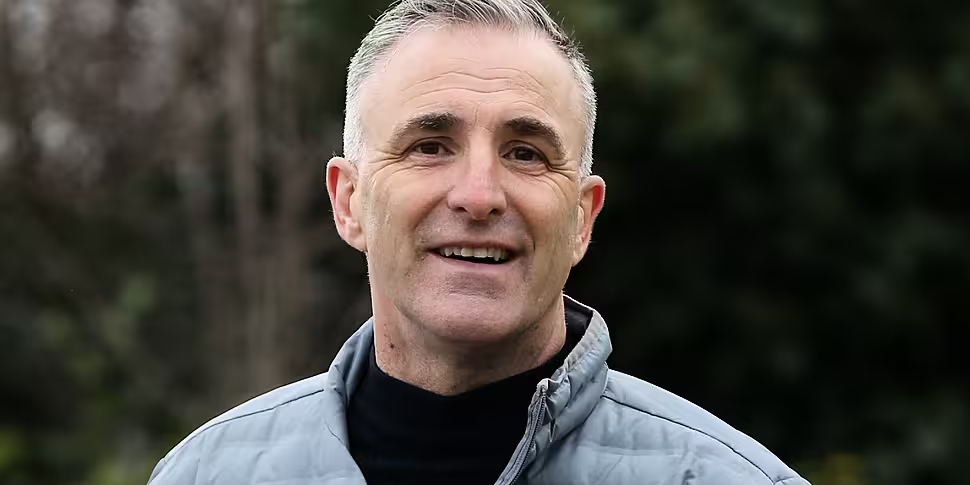A Sinn Féin TD says a proposed new law being introduced by his party aims to send the message that discrimination on the grounds of accent or social class is unacceptable.
Chris Andrews and his party colleague Violet-anne Wynne are introducing a bill aiming to expand existing equality laws.
While the laws already in place offer protection on grounds such as gender, age, sexual orientation, religion and race, it does not directly cover social class.
Deputy Andrews, TD for Dublin Bay South, told The Pat Kenny Show he wants that to change - and accent is only one part of their proposals.
He explained: “Irish equality legislation comprises mainly of two parts - the Employment Equality Act, and the Equal Status Act. This bill will expand the protection of both acts to prohibit against discrimination on the basis of disadvantaged socio-economic status.
“Along with accent [would be] poverty, source of income, illiteracy, level of education, address, type of housing, homelessness, employment status, and social or regional accent.
“There is in many ways a bias - a conscious and unconscious bias. What this will do is send out a message that discrimination on socio-economic grounds is unacceptable.”
He said there are already protections - such as the Workplace Relations Commission - for those who've been discriminated against, and those same processes would be in place under the new provisions.
The Sinn Féin TD said he hears on a daily basis of the concerns and issues raised by his constituents in the south inner city.
He said: “I know one family who was turned away from a private gym, because they were told they didn’t want more people like them who might cause anti-social behaviour.
“In one example, a constituent from one flat complex - who had a master’s degree and is fluent in Portuguese - reported to me that after submitting a video application for a job in a multinational company, he was contacted by a concerned employee who was concerned about the abuse that was going on. They called him a k****er, and they used lots more disparaging comments as well.
“There’s so many cases that I come across like that.”
He said he doesn't believe there would suddenly be 'floods' of complaints if the new law was introduced, but it would allow cases be heard and give disadvantaged people "the tools to address their concerns".
'This has affected all my friends'
Paul McKeon of the Irish Human Rights and Equality Commission told the show he was born into Dublin's inner city, and he noticed the way he and his family were treated even when he was a child.
He said such discrimination can impact everything from applying for jobs to simply going to a pub or trying to join a gym.
He explained: “This has affected all my friends - all of us who live in flat complexes, we don’t put down our address. Even trying to book a baptism or wedding, we’d have a lot of difficulty trying to get a place.
“The inner city is starting to get gentrified - it’s gotten much worse, because we’re seen as the people they don’t want."
Mr McKeon said that while many who are protected under equality legislation do still struggle to prove their case, it nonetheless means the remedies are available to them.
He also suggested new laws would lead to people and businesses taking social class into account when implementing equality and affirmative action measures.









